The Megxit debate: impetuous or an act of self-care?
As Prince Harry, Meghan and baby Archie begin their new life together free from palace protocol, two writers analyse the couple’s controversial great 'royal' escape
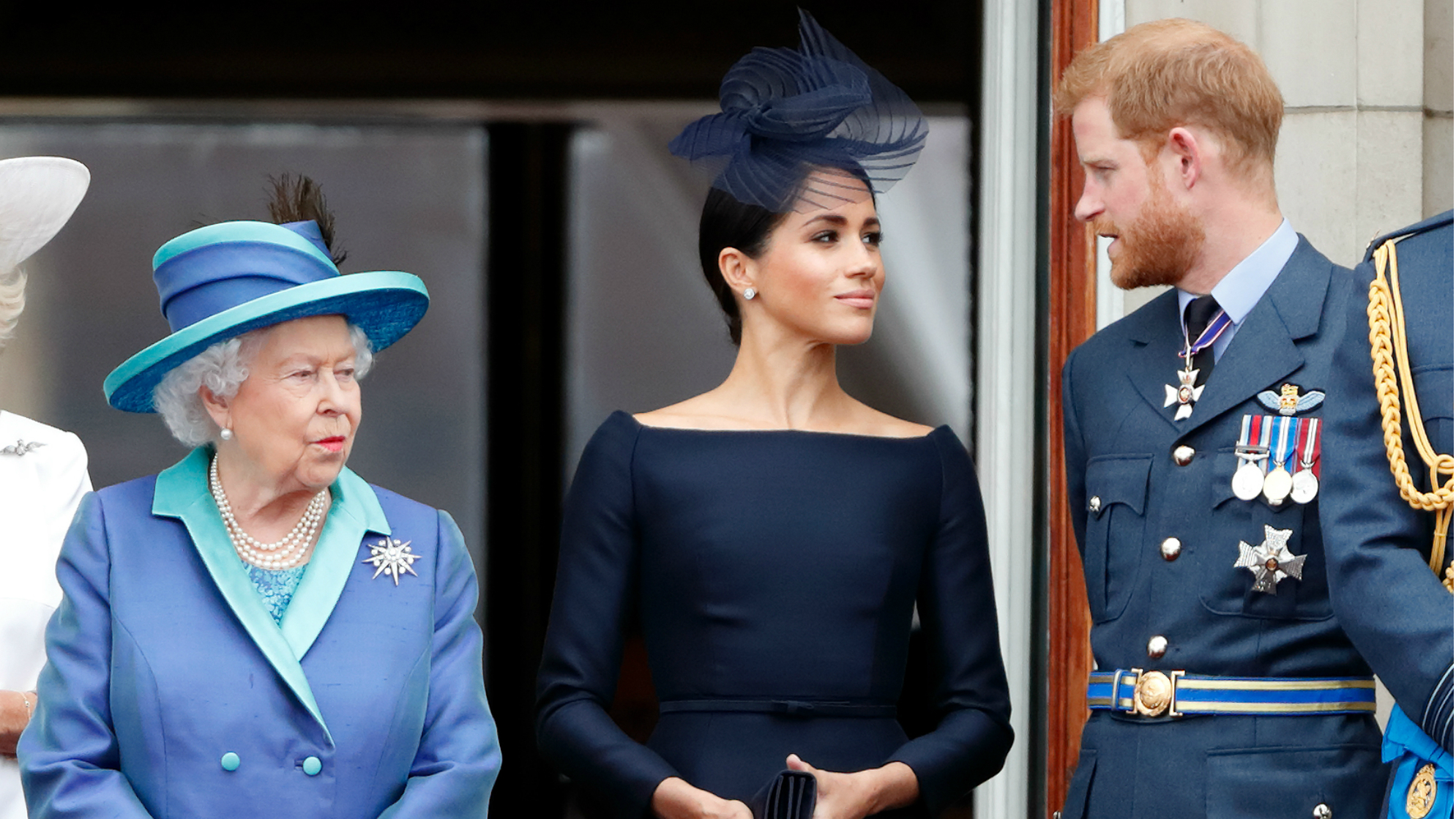

As Prince Harry, Meghan and baby Archie begin their new life together free from palace protocol, two writers analyse the couple’s controversial great 'royal' escape
'I don't blame Meghan - she's a victim of misogynoir'
Seyi Akiwowo, Executive Director of Glitch, a not-for-profit organisation dedicated to ending online harassment, says given the experiences of black and mixed-race women it’s no surprise the Duchess is prioritising her mental health
'Whilst the Megxit debate may have arisen recently, discussions around Meghan - which are often laced with misogynoir - started years ago. Meghan has continuously been discussed with a dollop of racism included - from articles poorly attempting to link her to gangs to criticism over holding her baby bump. And black women - including those who defend her - in the media also face vicious online abuse. Last year, when I spoke about the misogynoir that black women face online and mentioned Meghan as an example, I experienced online abuse from a committed troll account for a number of months. Black women are 84% more likely to be mentioned in abusive tweets. With the treatment that we face, it’s no wonder that black and mixed-race women, like Meghan, are increasingly reluctant to participate in public life and increasingly self censor for their safety and their peace of mind.
Meghan’s completely reasonable decision to take a step back from royal life has unleashed another barrage of discrimination against her in the British media, which has lead to more and more people acknowledging that the way the press has treated Meghan is clearly misogynistic (both racist and sexist). And whilst it’s still not acknowledged by nowhere near enough people, black women have been speaking about this for years. And along with facing abuse online, our opinions are often sidelined. One lesson we must take away from the Megxit debate is the importance of listening to and platforming marginalised communities, and those with lived experiences - both online and more often.
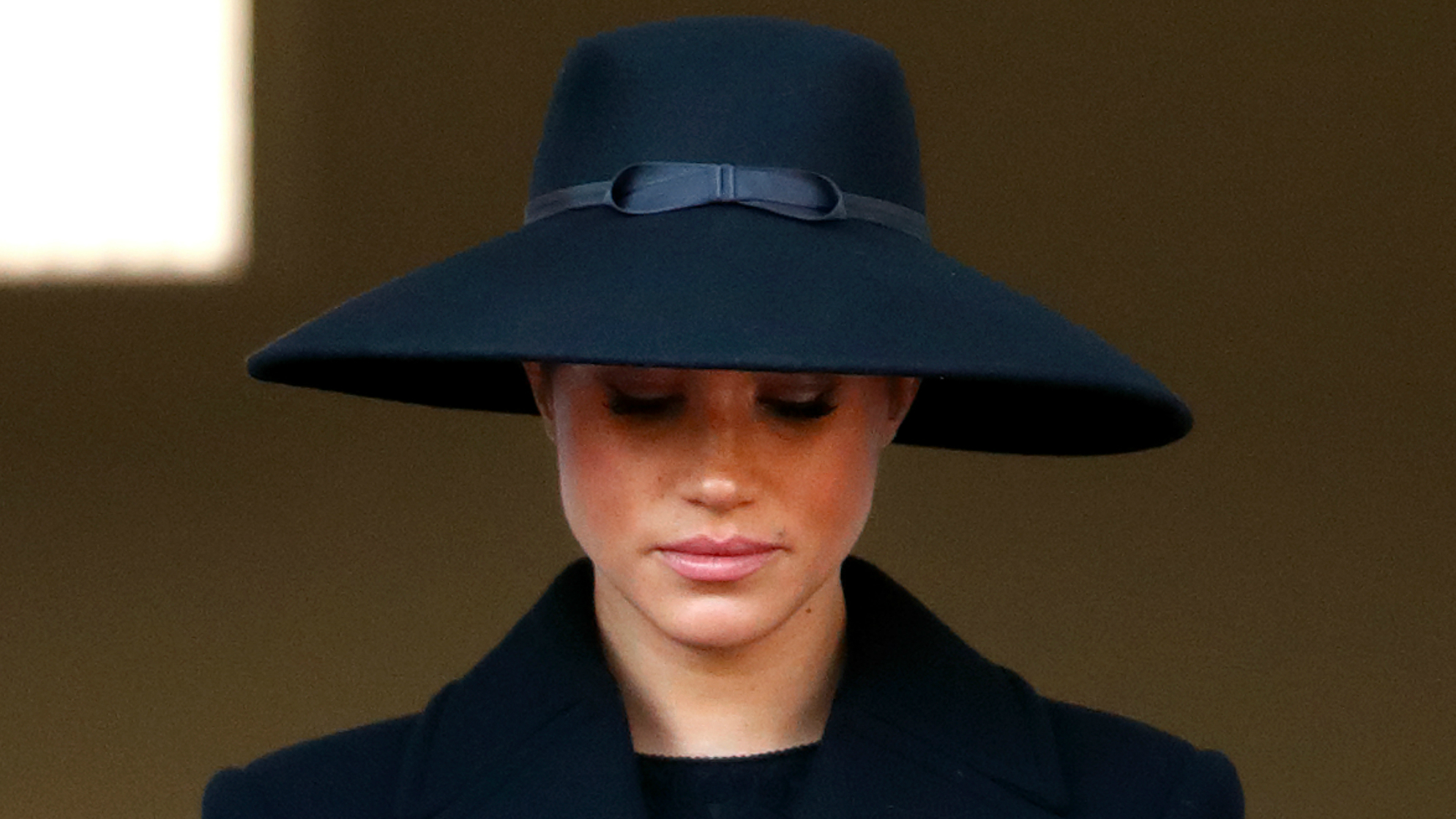
Meghan’s treatment, and the treatment of black women discussing this, has strengthened my desire to make sure that people - especially marginalised communities - understand the importance of digital self-care as part of digital citizenship. As the debates and discussions continue, more and more misogynoir is exposed. It’s vital there are also discussions and education about the impact of online abuse on our mental health, how we set boundaries and look after ourselves in digital spaces. This ranges from blocking, muting and filtering, to weighing up the pros and cons of taking part in a public engagement and sometimes refusing to take part in public life - full stop. We must of course dovetail this with ensuring all our spaces online and offline are safe for women and particularly women of colour to participate and flourish. However, this must not come at their expense and emotional labour.
Robust conversations around the monarchy are valid, and these are debates that we should be having, but not in its current form. If there’s another lesson that we need to learn from the debate, and treatment Meghan faces, it's the importance of digital citizenship. As the first royal with black heritage, the last few years hasn’t been an easy ride for the Duchess given the amount of abuse and unfair scrutiny she has faced online and offline. It’s no wonder Megan wants to take a step back from it and put her self care first. While enacting good self care, we must also self check our ways of engagement online, and the negative impact our words and behaviours are having on others.
The current discussions are fuelled with unwillingness to understand and accept white privilege and unlearn inappropriate and racist language, behaviour and expectations, and this must not continue. We need to prioritise and make a personal commitment to digital citizenship - the responsible use of technology to engage with society and each other.'
Marie Claire Newsletter
Celebrity news, beauty, fashion advice, and fascinating features, delivered straight to your inbox!
'It's Harry's actions that baffle me most'
Author and journalist Michelle Davies believes the couple behaved impetuously and a money-making Sussex Royal brand will have dire consequences for the Royal Family
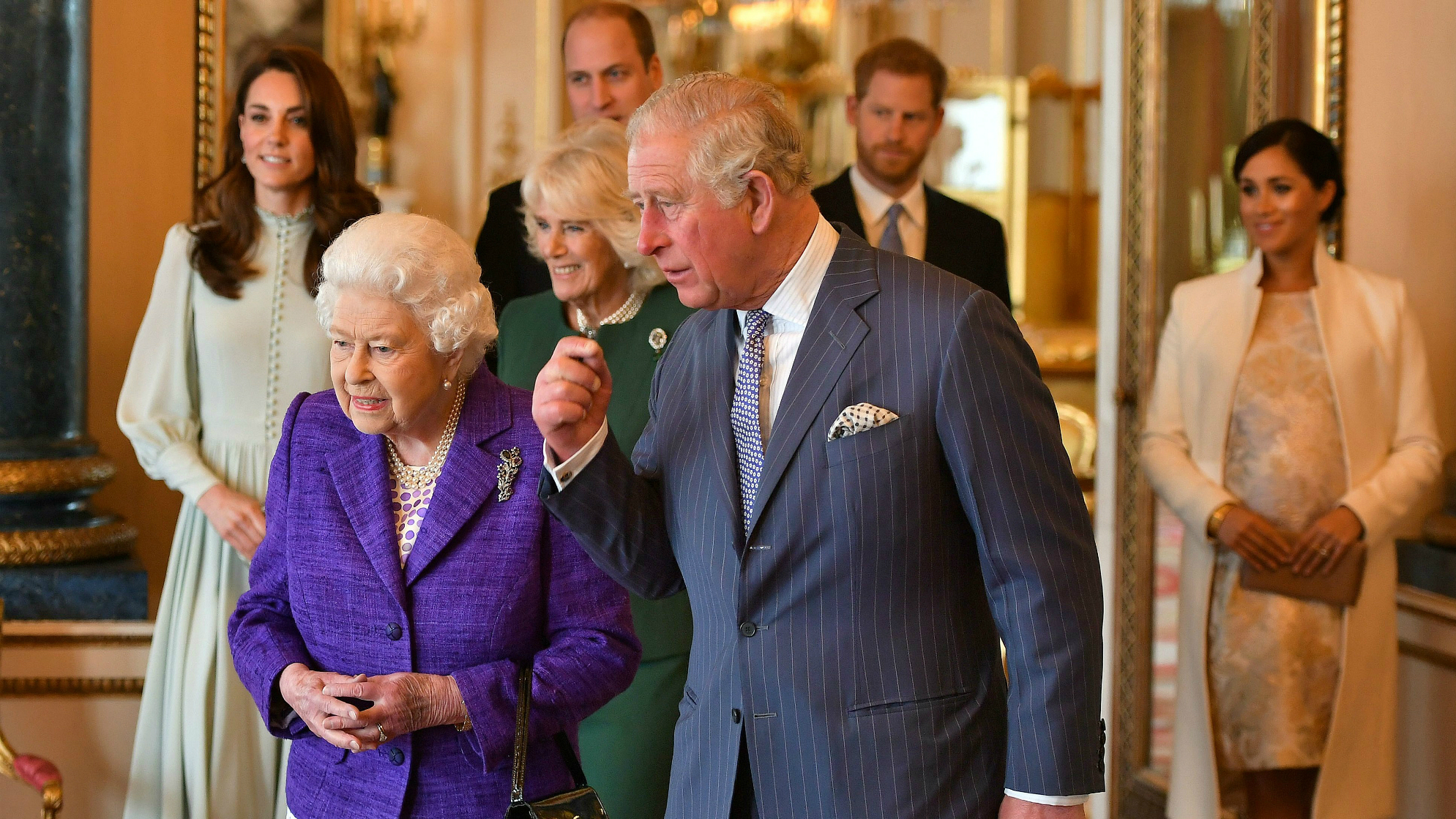
'Three times in my career as a magazine journalist I’ve quit positions without having another lined up, pushed to a tipping point of unhappiness or frustration I had to address for sanity’s sake. So in that regard I empathise with Harry and Meghan for wanting to take control and stage-manage their lives and careers as the adults they are. But like it or not there’s a way of doing things when you are a member of the Royal Family and instead of forging a brave new path for themselves all they’ve shown recently is they’re capable of naivety and damaging impetuous behaviour.
It’s Harry’s actions that baffle me most. Regardless of whether he’s come to hate the institution he’s been raised within, to not give The Queen the courtesy of a heads up before releasing their Megxit statement was shockingly rude. Had any of those three companies I quit been headed up by my grandmother, who I also adored, there’s no way I’d have put my resignation letter into HR without warning her first. Everything that’s happened since – the reports about William bullying him which the brothers were forced to deny; Prince Philip being driven from his sick bed to avoid the confrontation between his grandsons, their father and his wife; Harry not being able to re-join Meghan and Archie in Canada as the crisis escalated – is down to the prince being hot-headed and trying to force an agenda that clearly needed months of discussion, not two hours.
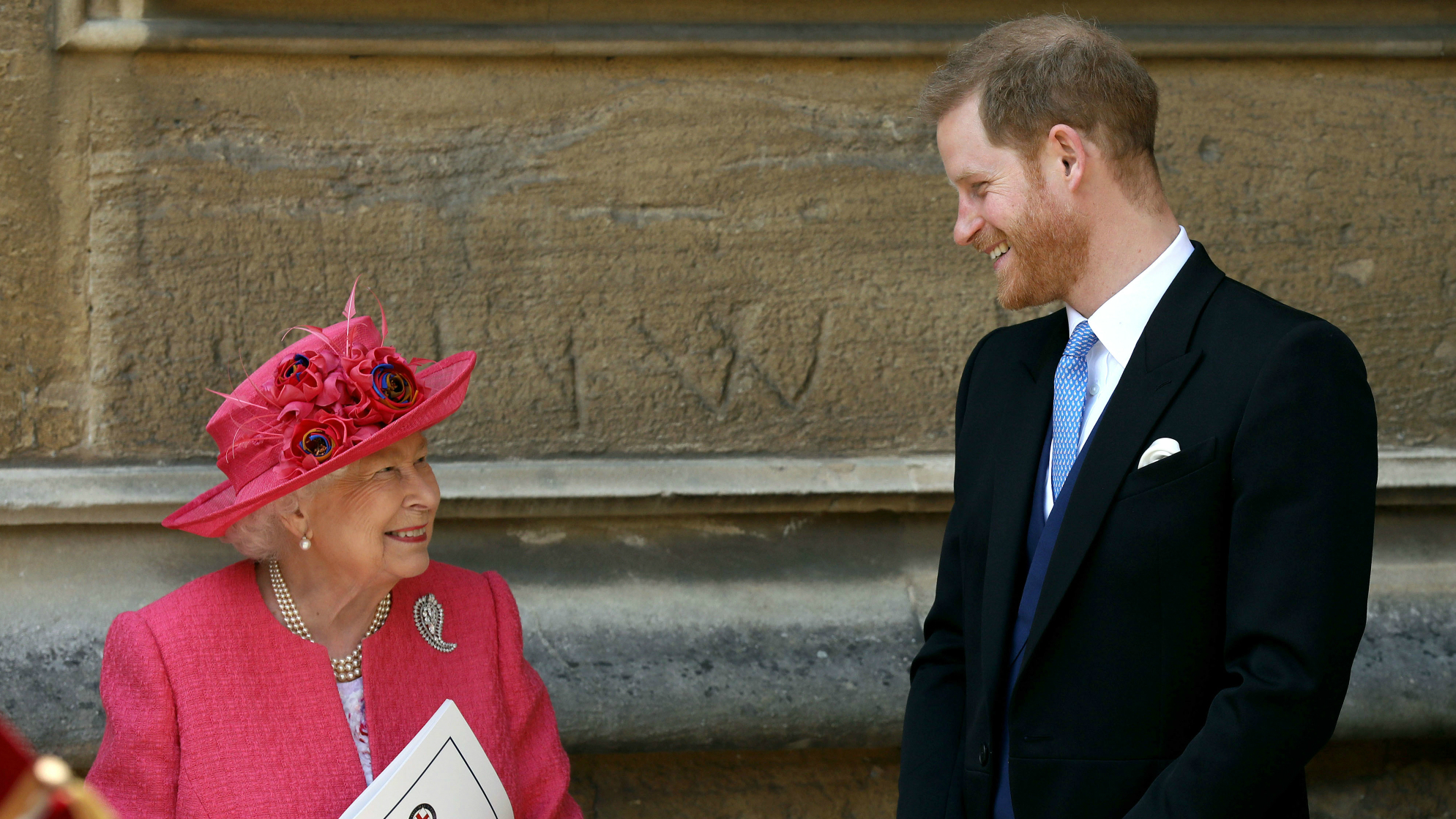
Anyone trying to pin this mess on Meghan is therefore misguided. As Harry’s wife she’s been on the receiving end of a campaign of hate and vitriol that’s been driven by the British public as much as the media – ask yourself, would those tabloids have turned on her if their readers hadn’t crucified her first with racist and misogynistic bile in the below-the-line comments? The market forces at play here are sickening and it’s no wonder she wants to live on the other side of the world. I suspect that, desperate with worry for her, Harry reassuringly promised their brave new path would be easy to facilitate, yet as the son of a future King he of all people knows you can’t re-write 1,000 years of royal protocol in under a week.
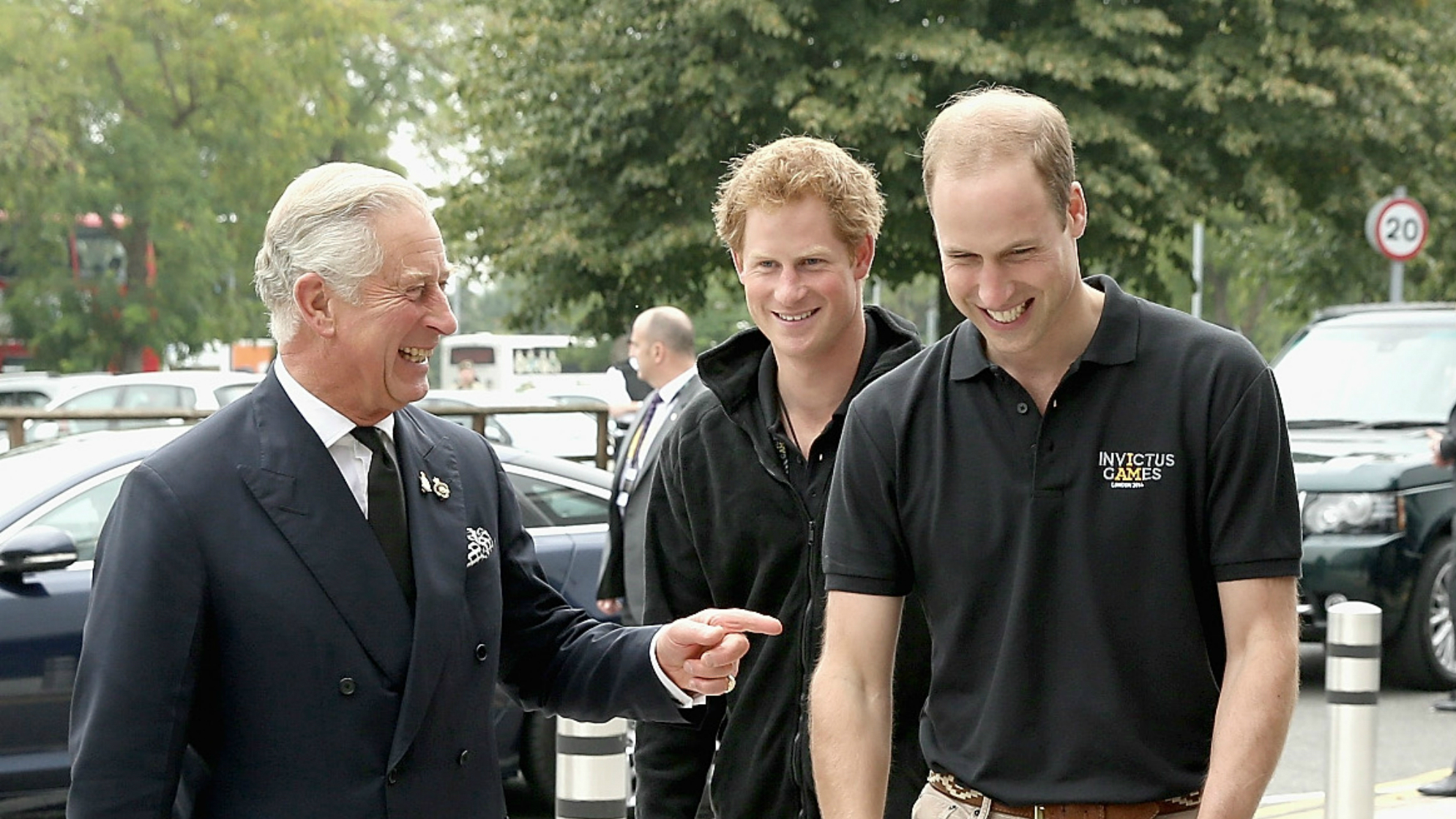
Particularly when it comes to the commercial aspect of their new half-royal lives. This, for me, is the thorniest aspect of Megxit. The couple seemingly want to exploit their status and sell Sussex Royal branded pyjamas, anoraks and the like to earn an independent income, but they won’t cut the ribbon to open a community centre in Bolton or elsewhere because they're no longer full-time senior royals? It seems unworkable, you surely can’t have one without doing the other. And as the Royals learned with the various commercial endeavours of Sarah, Duchess of York – spokesperson for WeightWatchers being just one of them - there’s no line they can tread on the money front that will negate criticism.
Hopefully the two-hour private meeting Harry had with the Queen prior to the Sandringham Summit will have cleared the air between them at least. I hope he grovelled. It was the very least he could do for a woman and a grandmother who 'never wanted' to be Queen but who knows all too well what it means to take her royal duty seriously.'
Maria Coole is a contributing editor on Marie Claire.
Hello Marie Claire readers – you have reached your daily destination. I really hope you’re enjoying our reads and I'm very interested to know what you shared, liked and didn’t like (gah, it happens) by emailing me at: maria.coole@freelance.ti-media.com
But if you fancy finding out who you’re venting to then let me tell you I’m the one on the team that remembers the Spice Girls the first time round. I confidently predicted they’d be a one-hit wonder in the pages of Bliss magazine where I was deputy editor through the second half of the 90s. Having soundly killed any career ambitions in music journalism I’ve managed to keep myself in glow-boosting moisturisers and theatre tickets with a centuries-spanning career in journalism.
Yes, predating t’internet, when 'I’ll fax you' was grunted down a phone with a cord attached to it; when Glastonbury was still accessible by casually going under or over a flimsy fence; when gatecrashing a Foo Fighters aftershow party was easy-peasy-lemon-squeezy and tapping Dave Grohl on the shoulder was... oh sorry I like to ramble.
Originally born and bred in that there Welsh seaside town kindly given a new lease of life by Gavin & Stacey, I started out as a junior writer for the Girl Guides and eventually earned enough Brownie points to move on and have a blast as deputy editor of Bliss, New Woman and editor of People newspaper magazine. I was on the launch team of Look in 2007 - where I stuck around as deputy editor and acting editor for almost ten years - shaping a magazine and website at the forefront of body positivity, mental wellbeing and empowering features. More recently, I’ve been Closer executive editor, assistant editor at the Financial Times’s How To Spend It (yes thanks, no probs with that life skill) and now I’m making my inner fangirl’s dream come true by working on this agenda-setting brand, the one that inspired me to become a journalist when Marie Claire launched back in 1988.
I’m a theatre addict, lover of Marvel franchises, most hard cheeses, all types of trees, half-price Itsu, cats, Dr Who, cherry tomatoes, Curly-Wurly, cats, blueberries, cats, boiled eggs, cats, maxi dresses, cats, Adidas shelltops, cats and their kittens. I’ve never knowingly operated any household white goods and once served Ripples as a main course. And finally, always remember what the late great Nora Ephron said, ‘Everything is copy.’
-
 How are Trump’s tariffs affecting the fashion industry?
How are Trump’s tariffs affecting the fashion industry?The fluctuating situation in the US is having very real consequences
By Rebecca Jane Hill
-
 Here's every character returning for You season 5 - and what it might mean for Joe Goldberg's ending
Here's every character returning for You season 5 - and what it might mean for Joe Goldberg's endingBy Iris Goldsztajn
-
 Celine's new Selfridges pop-up is an ode to summers on the French Riviera
Celine's new Selfridges pop-up is an ode to summers on the French RivieraA one-stop-shop for the ultimate holiday wardrobe
By Clementina Jackson